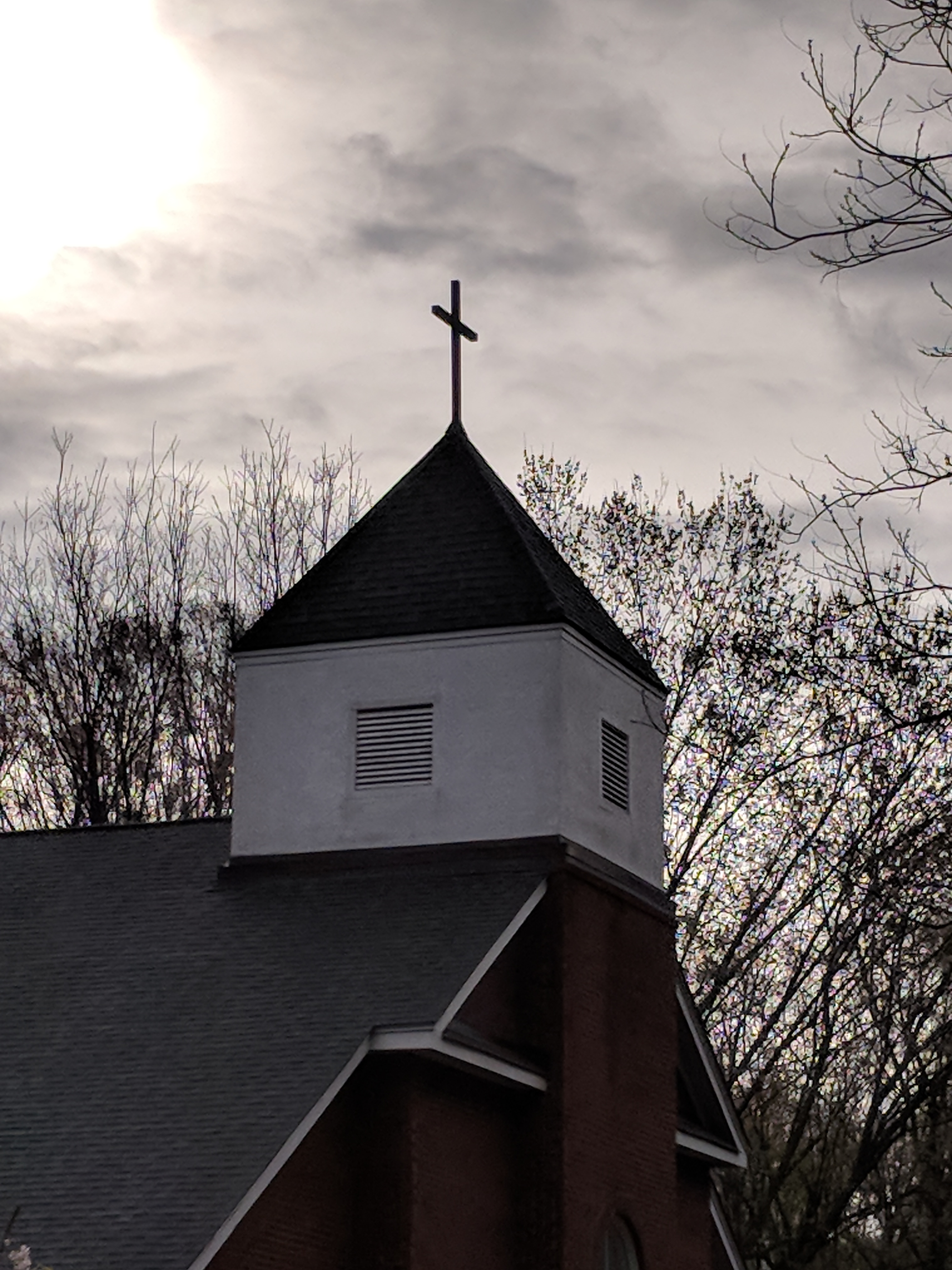Reality Check

Reality Check
Tillie Duncan
Proper 14, Tenth Sunday after Pentecost, 8-9-2020
1 Kings 19:9-18
Turn on TV during a news hour or click Covid updates on your computer, and you will see graphs, charts, maps and the like with the latest numbers of Coronavirus victims. Mecklenburg County has charted over 21,000 cases with more than 200 deaths; NC is reporting more than 126 thousand positive tests and almost 2 thousand dead; more than 4 ½ million people have caught the virus in the United States; and the number of global victims has topped 18 million. By the time worship has concluded today, those figures will have changed. The shock of the emotional charge will not.
Numbers can be fascinating and they tell a story, but a rather truncated one. It is in hearing the stories of individuals who have experienced the consequences of the virus that we learn the reality of it.
Connie, age 76: I’m not getting any better; I have trouble breathing, and my chest hurts. I’m totally exhausted and don’t know what to do, where to turn. I have not heard from the test I took two weeks ago. In an effort to find out something, I’ve called my dr., the hospital where the test was given, even my county’s board of health. Nothing. They can tell me nothing. Was I contagious when I babysat my great granddaughter?
A Charlotte Mecklenburg school bus driver: I’ve been out of work since March. Five weeks after I applied for unemployment compensation, I learned that my application was denied because I made a mistake on it. Now, it’s going to be two more months before my appeal will be heard. What can I do? I can’t afford my diabetes medicine or my blood pressure medicine. The light bills and the water bills are piling up. I’ve cut corners here, there, everywhere, and there’s no more corners left to cut!
So many stories of people who suffer persistent symptoms for months or of widows with three children who lost basic level jobs and can’t find another.
The corona virus has caused major disruption in the business world, in the world of finance. In the everyday lives of families. My family, your family, the families of neighbors across the globe. Over a million and a half U S citizens have filed for unemployment.
In addition, rivers overflow and destroy crops and homes; earthquakes shatter one’s peace and often property; fires rage out of control; tornadoes and hurricanes blow villages to smithereens. Unrest over injustice threatens the comfort levels of those who want things to stay “the way they’ve always been.” Chemical explosions injure and take the lives of thousands, causing disruption on top of disruption in a large city.
Move over, Elijah! There must be room in that cave for me. Maybe we can put a rock at the entrance to keep the world from finding us here.
Elijah is at a low point in his life. He has just won a great military victory, a great religious victory, a great moral victory over the prophets of Baal. The dramatic scenes of priests calling on Baal with loud voices, whirling in dance, flaying themselves with swords to catch Baal’s attention with no result changes to the dramatic scene of Elijah calling on Yahweh once. The immediate result is lightning, fire from heaven which burns up, not only the animal sacrifice, but the stones from which the altar is constructed and the water which drenched the whole.
Elijah plummets from the peak of elation to the pit of dejection. He is in a panic because Jezebel has sworn to kill him with a fervor that paralyzes Elijah’s thoughts and commitment. He can NOT move out of the depression into which he has sunk. “I’ve done great things for you, God. I’ve lived and preached to bring reconciliation between you and the Israelites, but they’ve killed all the other preachers. I’m the only one left in the whole world who has good sense; I’m the only one who gets religion right! And now they want to kill me!”
Elijah’s ministry takes place in about the second quarter of the 9th century BCE. He shares God’s word with the people of the northern kingdom of Israel, which has never really been a stable realm. The glorious days of David and Solomon came to a crashing halt. Solomon’s oppressive policies of taxation and forced labor conscription prompted a huge protest from the northern residents. They were led by Jeroboam, a high-ranking, trusted servant of Solomon. The northern tribes chose to crown Jeroboam king in opposition to Solomon’s son Rehoboam, who maintained control of the southern tribes of Judah and Benjamin.
Frequent coups characterized Israel’s monarchy. During Elijah’s time, Ahab was king of the Northern Kingdom. Worst king ever! according to the historians (writers who were biased in favor or David). But, according to these writers, it was all Jezebel’s fault. Ahab had married an evil Phoenician woman who brought the worship of Baal along in her trousseau trunk.
As in so many cultures, the top 1% benefitted from the labor of the 99. Ahab, in his greed for more land, helped to strengthen opposition to land staying in the hands of the original family owner. To make more money, land needed to be consolidated. Farmers were told what they could plant and how much – depending on trade agreements with surrounding countries. Peasants had to work more and more and made less and less. Keeping them in debt as they strove to obtain basic necessities asssured there would always be an underclass.
Hmmm– income inequality has a long history. 3000 years later, the US aims to perpetuate it. We have the highest number of billionaires in the world, but we are also highest in the western world in income inequality. Charlotte is not the only city with mobility issues. Our safety nets have more holes than threads still woven together. Over 5 million people in our nation live in 3rd world conditions, according to a 2018 UN report. Hearing of whole communities who cannot wash their hands frequently because they have no running water reminds us that the report is a tragic reality in our wealthy country.
Shall we go back to the cave on Mt. Sinai, the mountain of God, where Elijah has hidden himself, where Elijah intends to stay because he has given up on being. (lower case b and capital B) He feels worthless and he feels forsaken by God. But God is there and asks “What are you doing here, Elijah?”
“They’re going to kill me. In spite of all my efforts, the Israelites have all turned their backs on You. I’m out here all alone, the only true blue believer left.”
“Come on out of the cave, Elijah. I’ll be by in a few minutes.”
“That’s okay. I’ll just stay in here.” And he does. The tornado, the earthquake, the fire rage, and he pays no attention. All these symbols of God’s presence, and Elijah is like, “mhh!”
Then silence. Elijah hears the silence. And he comes out of the cave. Again God asks, “What are you doing here, Elijah?” For an answer, God gets the same spiel as before.
And God says, “Reality check, brother. There are still ways you can make a difference; get up and go on back. And by the way, there are still 7000 true blue believers!” A good symbolical number that says there’s enough to make a difference.
Elijah leaves the cave of despair and takes up his prophetic life once again.
400 years later, Greek philosopher Parmenides defined reality as “a single, unchanging Being.”
About 7 years ago, Henri Nouwen wrote a book on Reading the Signs of Everyday Life. He indicates that we discern reality when we understand and experience the action of God in everyday life.
And one more in this catalog of quotes. Marcus Borg wrote in his last book, Convictions, “Centering in God transforms us. It changes us. It produces what Paul called ‘the fruit of the Spirit’ and ‘the gifts of the Spirit.’ It is what Jesus meant when he said, ‘ You will know them by their fruits.’ The fruits of centering in God are many and intertwined, but the most important are compassion, freedom and courage, and gratitude. [No one of these is more important than another]; they all go together.”
In my opinion, GA congressman, John Lewis, personified these “most important” fruits. As a little boy, growing up when some of us did, mid 20th century, he could not drink out of the same water fountain as a white person; he could not sit next to one; he was denied admission to the public library and attended segregated schools in spite of Brown vs. Board of Education. He was denied admission to Troy University. His parents warned him to beware of getting in a white man’s way.
But as a young man, he became a freedom fighter, a non-violent protester, a follower of Martin Luther King, Jr. He was often arrested and spent time in jail. He could have complained as did Elijah and Jeremiah: “God, I didn’t know they would want to kill me!” Because “they” not only wanted to kill him, “they” almost did. On “bloody Sunday,” crossing the Edmund Pettus bridge during a protest march, which was non-violent on the part of the protestors, his skull was fractured among other injuries and required a lengthy hospitalization.
In spite of the injustices that were his everyday life, he exuded peace. He loved those with whom he disagreed. He worked for justice for all: minorities, women, LGBTQ…. And he remained optimistic for the future. Amidst Corona and the regression of racial and gender justice, he held on to hope. Maybe he sometimes visited the cave of despair, but he never stayed. His faith in God was a reality, not a political strategy, not a talking point to garner votes.
We live in a difficult time; some have experienced deeper suffering than others, but it has not been easy for any of us. Yet, God is still Active Being, present in our everyday life.
May we be encouraged by some parting words of John Lewis: “Walk with the wind and let the spirit of peace and the power of everlasting love be your guide.”
May it be ever so.
Recent Sermons

A Different Sound
December 14, 2023

A Different View
December 04, 2023
Who Will Be Your Angel? Whose Angel Will You Be?
November 14, 2023


